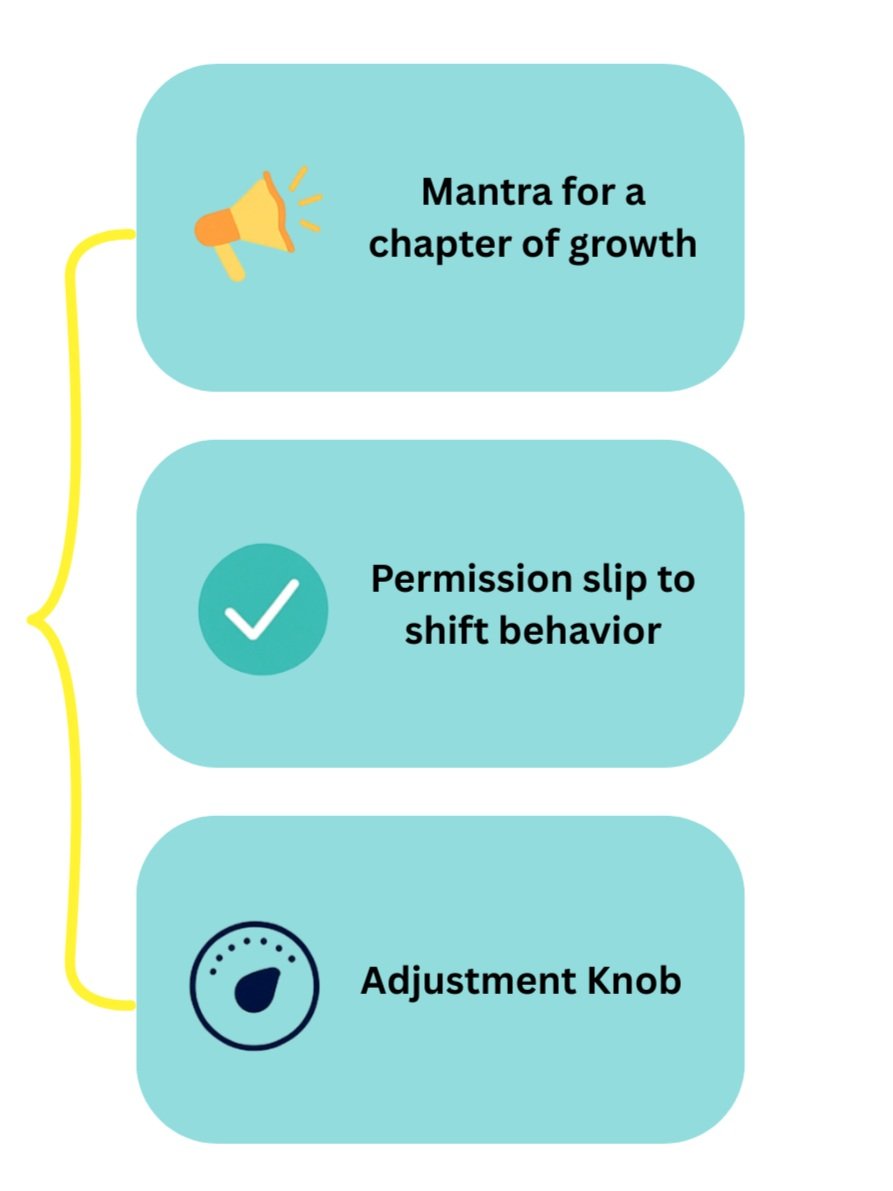The Importance of Pronouns
When you meet someone new, what do you say to introduce yourself? Your name? Your company? Your job title?
The information about yourself that you first share with someone is the information you feel is most important to your identity, a snapshot of what makes you you. It’s a given that in this first introduction you have to include your name; it’s what people use to refer to you in conversation, to acknowledge who you are as an individual. But what about your pronouns? For you, are they a part of this fundamental snapshot you give others? If they aren’t, and you’re comfortable with sharing them, then they should be.
If they aren’t, and you’re comfortable with sharing them, then they should be.
When referring to you, people are going to, at one point or another, have to use your pronouns. Like names, pronouns are a way a person’s identity intersects with an idea in a communicable way. How will someone know your name without you telling them what it is? Similarly, how is someone going to know your pronouns without you telling them? There’s no way to deduce someone’s pronouns from their name, how they look, or any other factor without them telling you. In making these deductions, you’re contributing to an antiquated culture of assumptions that we need to move away from. To help eradicate this culture, we need to stop making assumptions about other people’s pronouns and start by introducing our own, setting a precedent of self-identification.
If you’ve never felt the need to introduce your pronouns to someone, that is, more likely than not, because you belong to a norm that shouldn’t exist. This norm is a commonly held view of how someone of a certain gender looks like, what kinds of names people of that gender have, and what pronouns they go by. And by not saying your pronouns, you are reinforcing this norm. You are contributing to the idea that there is one way for someone to present their gender. It places some people who don’t belong to the norm in an uncomfortable position where they are alienated from everyone else by having to introduce their pronouns when nobody else is doing so. If you don’t introduce your pronouns, you’re only helping call more attention to these people. Not introducing your pronouns, thus, is an act of exclusion. Everyone has their own personal pronouns, not just people of any certain identity, so it’s important that we all can share them.
If you haven’t been doing so already, include your pronouns in your introductions if you are comfortable with disclosing them. It helps normalize for everyone this practice and helps create a more inclusive environment so that everyone can be more comfortable sharing this part of themselves. Here are some things everyone can do today, right now, to be a part of this:
Update your LinkedIn and other social media platforms with your pronouns.
Add your pronouns to your email signature and Slack.
Be conscious about when you are making assumptions about someone’s gender identity. Rather than telling your kids, "Let's let this gentleman walk past," train yourself to say, "Let's let this friend go by." Rather than say, "Is your new friend a boy or a girl," say, "Tell me about your new friend." Actively work to make sure you don’t use gendered language when referring to someone whose gender identity and pronouns you do not know yet. Make sure others do the same.
Put your pronouns on your business card.
Include your pronouns following your name in online video conferencing like Zoom.
When introducing yourself in a meeting or in a conversation, use your pronouns.
When you are leading a meeting, perhaps start by saying something like, “If everyone can introduce themselves, and share their position/role and your pronouns, that would be great.”
A lot of people would agree that adding your pronouns is important-- that’s not really up for debate. But we all have to go above and beyond. Don’t wait for instruction from your boss to have everyone in a meeting go around and say your pronouns; do this automatically. Make it a natural part of who you are to share your pronouns with others so that other people will feel more comfortable doing so as well. Stop making assumptions about other people’s gender identity and correct others who do. The world isn’t going to become any more inclusive if we wait, so let’s start by making these changes now.
Written by Nicole Souydalay, with contributions from Hayley Mirabile, Sheila Shenoy, Sebastian Martinez-Montoya, and Tom Alexander.











